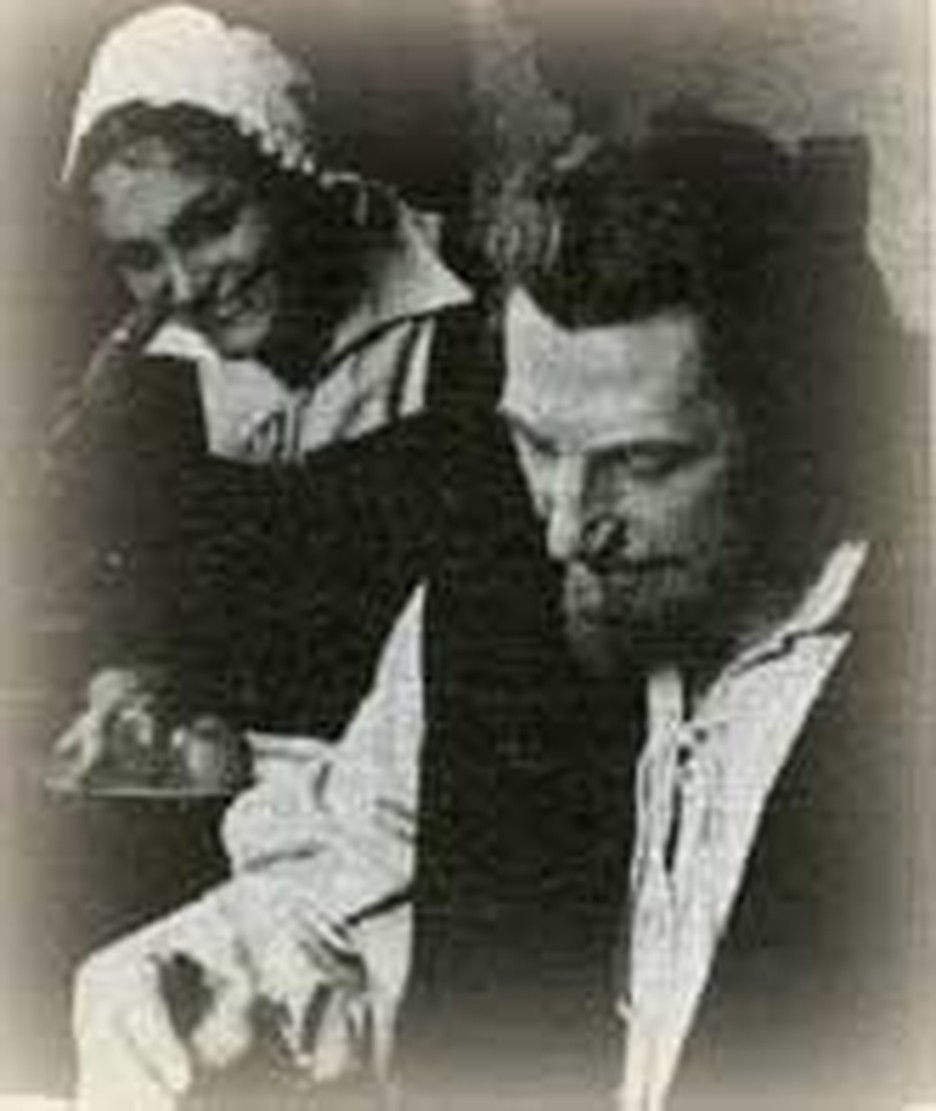
They still complain: "School is so boring." With the horrible increase of violence in our schools today, some have to sadly add "School can be so frightening.
If you had lived in the time of Jan Amos Comenius, in the 1600's in Europe, you would have heard the same laments.
School, at least for those who could get in, was boring and based on a lot of rote memorization. And school could be frightening because if you had trouble learning the lesson you could count on a good thrashing.
Into this world came Jan Amos Comenius who blazoned across Europe the indictment that "schools should not be places of torture, slaughterhouses of the mind." Instead school should be a place children find enjoyable, where their minds and imaginations are engaged in a great adventure, a place so full of discovery the young person will eagerly look forward to going to school.
Terrible Times
Comenius was born 400 years ago in 1592, in Nivnitz, Moravia, which is
in modern Czechoslovakia. His parents were members of the Unitas Fratrum,
or Moravian Brethren, Christians who were followers of fourteenth century
Bohemian Christian leader John Hus. Comenius became a minister of the
Moravian Church and taught schools for a time before taking the pastorate
of the Moravian church at Fulneck in 1618. That was the year the horrendous
Thirty Years War (1618-1648) broke out in Europe as Protestants and Catholics
fought each other over control of territory, leaving civilian populations
battered and ruined. In 1621 Fulneck was sacked, and Comenius lost all
of his property. He also lost his wife and children.
You Can't Go Home Again
In 1628, Comenius and his people were driven from their homeland. He led
them over the mountains into Poland, praying that God would preserve a
"hidden seed" which would later bear fruit in the land. (That
seed did bear fruit a long time later). After his flight to Poland, for
the next half century until his death in 1670, Comenius lived an exile
in foreign lands. But in a larger sense he was like an ambassador to the
whole world.
Drastic New Ideas
He wrote many important works on education and introduced many concepts
that were unheard of in his own day. For example, he was the first to
encourage a graded school in which students progress from one defined
level of instruction to another. He thought instruction should be in the
common language of the people, not in Latin. Science, music, and handwork
should be included in the curriculum.
Comenius believed specialized textbooks should be written for instructing children. He published the first illustrated textbook for children, The World in Pictures. Over half of the schools of Europe used his textbooks, which were translated into seventeen languages.
Girls, Too!
He encouraged education for both sexes and for all classes of people in
an age when it was assumed that girls and the poor were not worth educating.
Education should include all realms of knowledge as well as provide training
in morals and piety, thus equipping students for both the present and
future life. He made education interesting and adventuresome - an ever
fascinating encounter with God's world and God's wisdom.
Comenius spent years writing his Christian Pansophy, an encyclopedia of all wisdom and knowledge from a Christian perspective. The work was destroyed, however, when Comenius' house in Poland was ransacked during a later war.
In his day Comenius was truly an international figure. Government leaders in England, Germany, France and Sweden frequently sought his advice and help in improving education in their countries. The Massachusetts Puritans reportedly even offered Comenius the first presidency of Harvard, but he turned down the offer.
The Greatest Treasure
Comenius reminded parents that children are God's most precious gift,
a treasure beyond calculation. After all, when God teaches us of his love
does He call us His children as if there were no more excellent name by
which to allure us? Did not Christ come to us as a child? Could not God
have made all of the people he wanted at once, as apparently he did with
the angels? But God honored us by letting us share in the process of multiplying
and extending humanity. There is nothing more important in our lives and
more deserving of our diligent attention and instruction than our children,
according to Comenius.
A Voice Still Needed
Comenius is commonly called the "Father of Modern Education."
Next to Jesus, he might just be the best friend and teacher that children
ever had. But his contributions, just hinted at here, go far beyond education.
He saw enough war and bloodshed to teach that nations needed an alternative
to war to settle disputes. He agonized over the bitter fights among Christians
and showed how the Body of Christ can maintain unity in the midst of diversity.
The world and the church still has not caught up to him in some of these
critical areas. This year is the 400th anniversary year of his birth.
What an opportune time for him to be rediscovered.
Study: An Act of Worship |
_639003522088907085.jpg)

